At the recent G7 Summit in Apulia, Italy, Indian Prime Minister Narendra Modi called for an end to monopoly in the technology sector. He asserted that technology must be used creatively, contributing to building an inclusive society, rather than being destructive.

Prime Minister Modi specifically highlighted the role of artificial intelligence (AI). “We need to make technology a driver of innovation, not a cause of instability. Only then can we build an inclusive society. India is working towards a better future through a human-centric approach,” Modi said.
India is one of the pioneers in formulating a national strategy on AI, with the aim of “AI for All”. “Based on this strategy, we launched Mission AI this year. We are promoting cooperation among nations as a founding member and principal chair of the Global Partnership on AI,” Modi said.
OpenAI’s web crawler is a boost for Big Tech platforms like Google, Microsoft, and Meta — which already control massive proprietary datasets — that can use their troves of data to fuel their AI, while AI newcomers face restrictions, economists say.
The researchers recommend that AI antitrust scrutiny be tightened, especially as general AI begins to be used in more diverse economic applications like electricity utilities. Non-discrimination requirements will be needed so that private monopolies cannot arbitrarily determine who has and does not have access to AI technology.
Otherwise, the price to pay is that a small number of general AI providers control a significant portion of the entire economy. This could give rise to stark inequalities in the global economy.
KHANH MINH
Source: https://www.sggp.org.vn/can-cham-dut-doc-quyen-cong-nghe-post744912.html





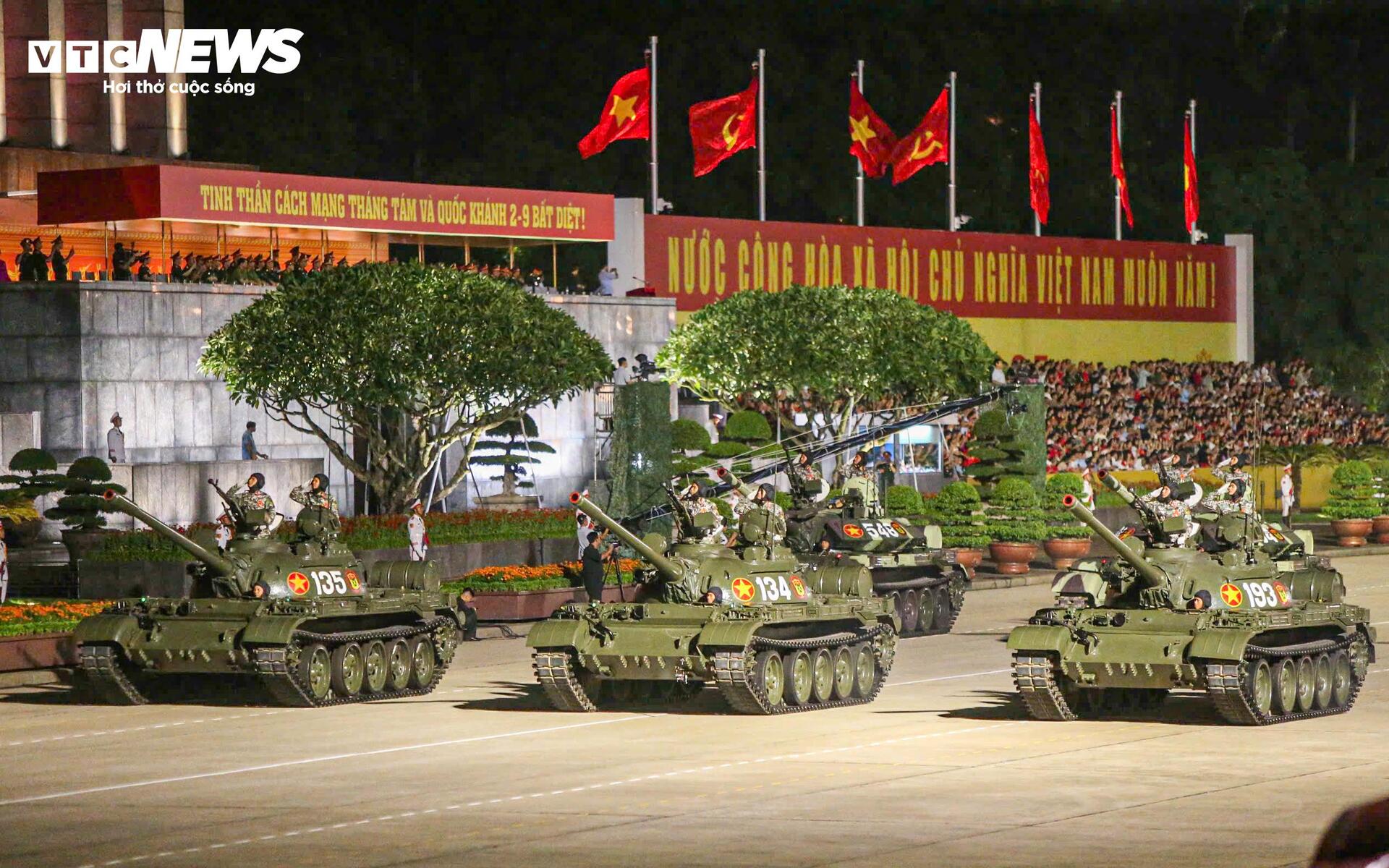


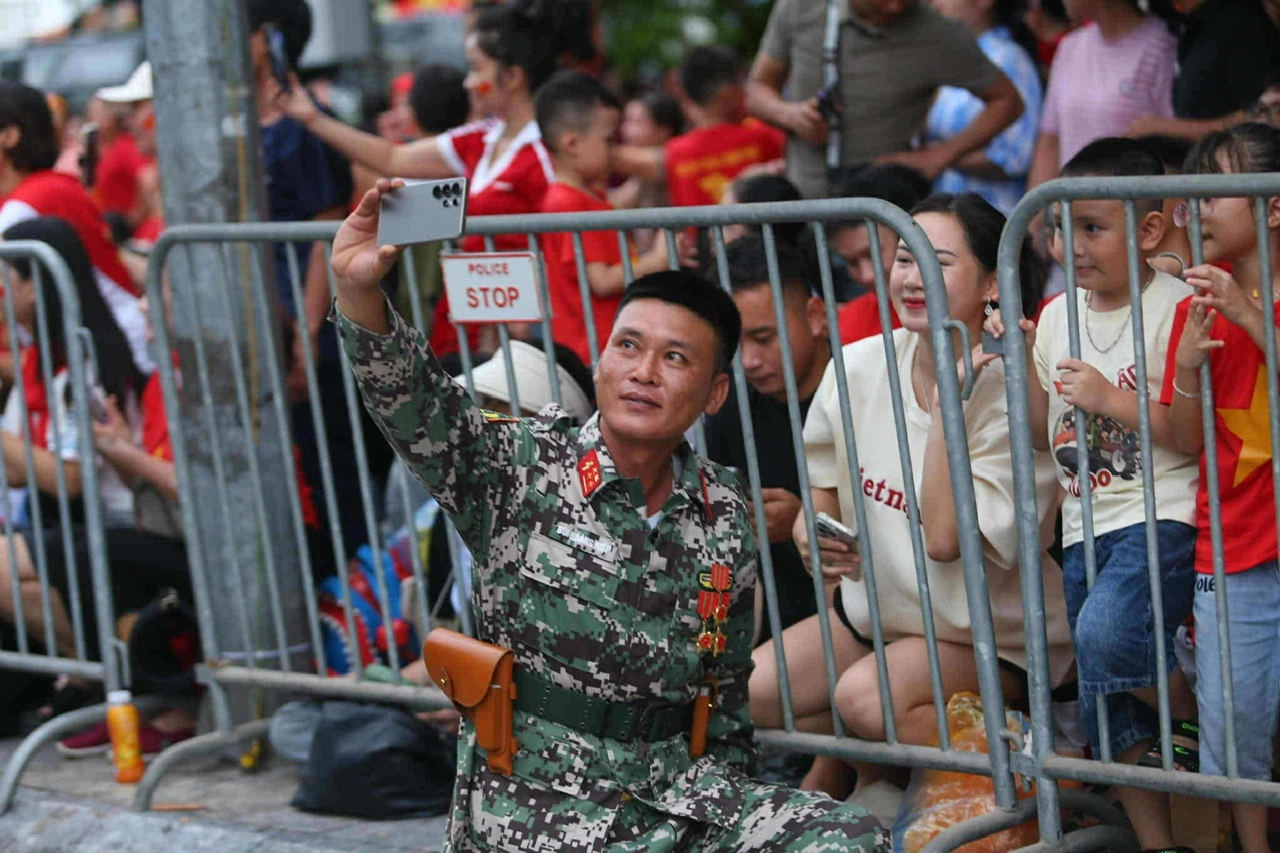
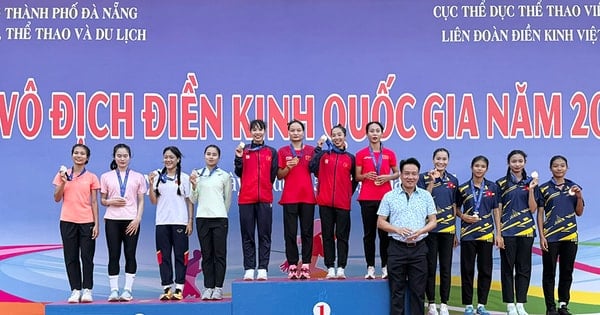

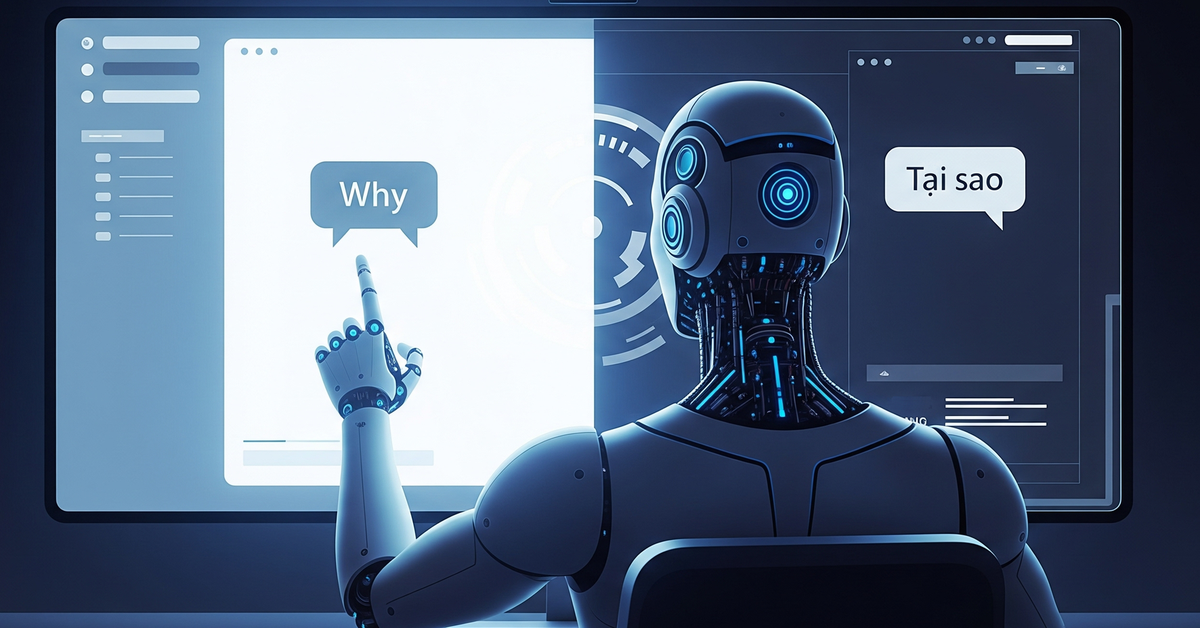



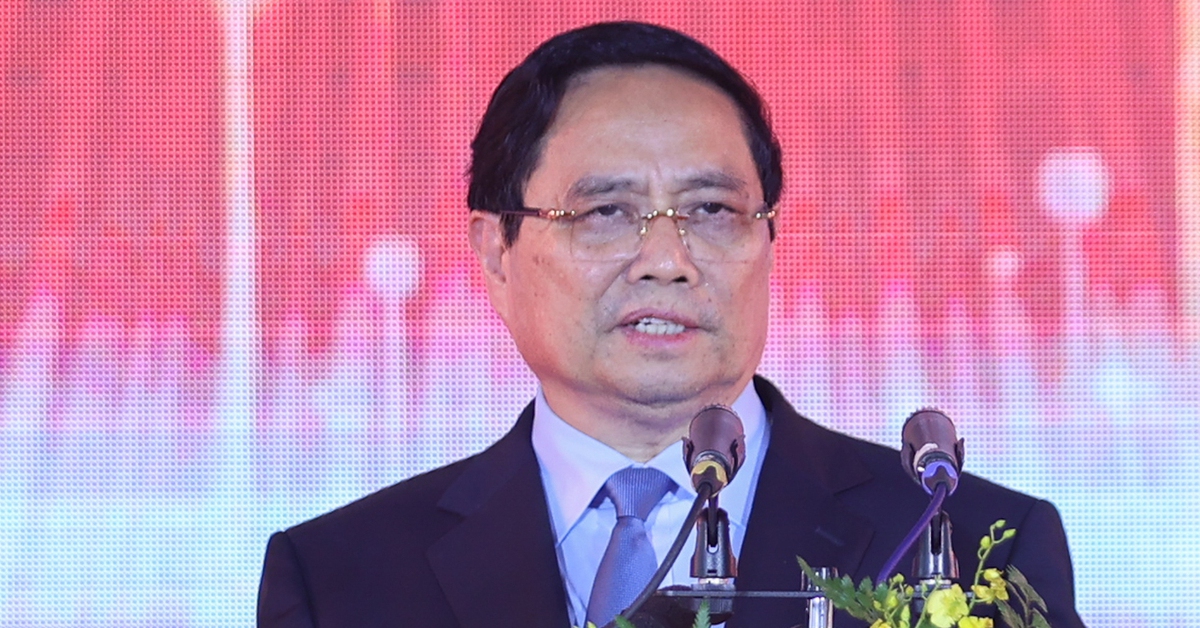
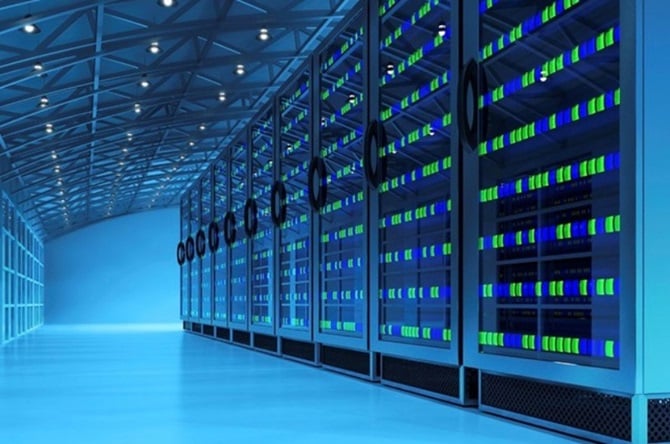

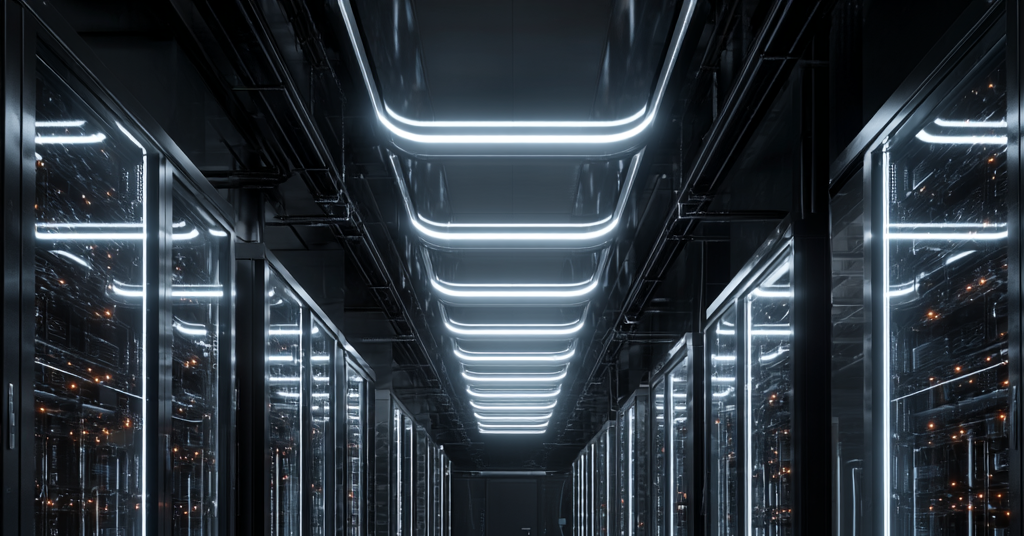





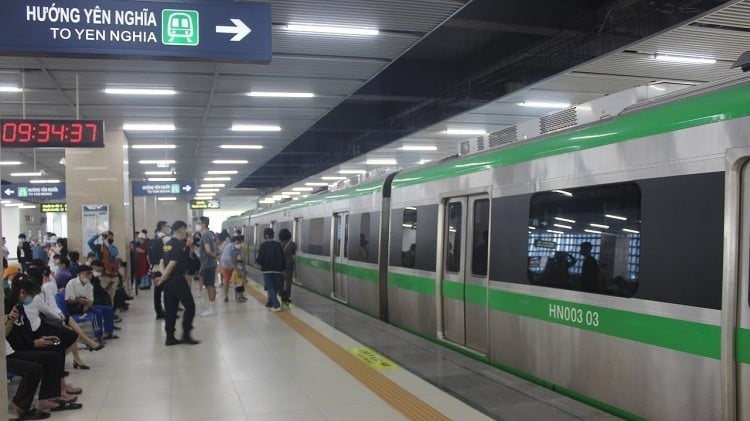







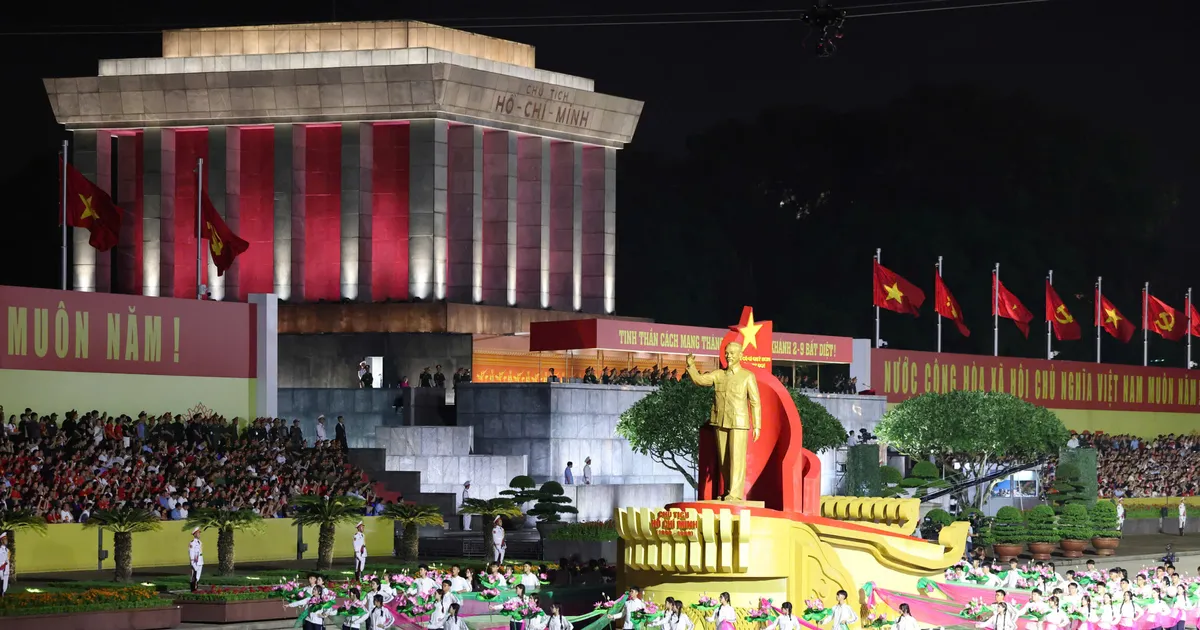
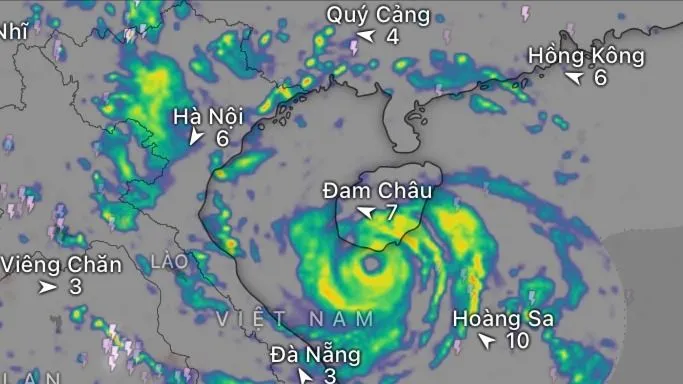
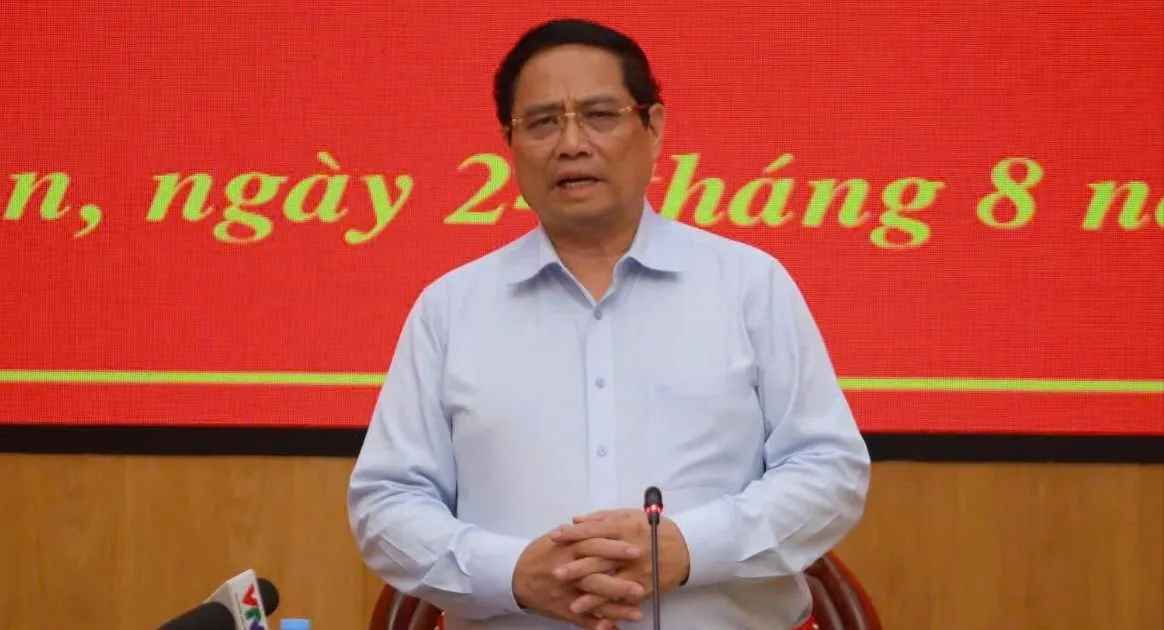














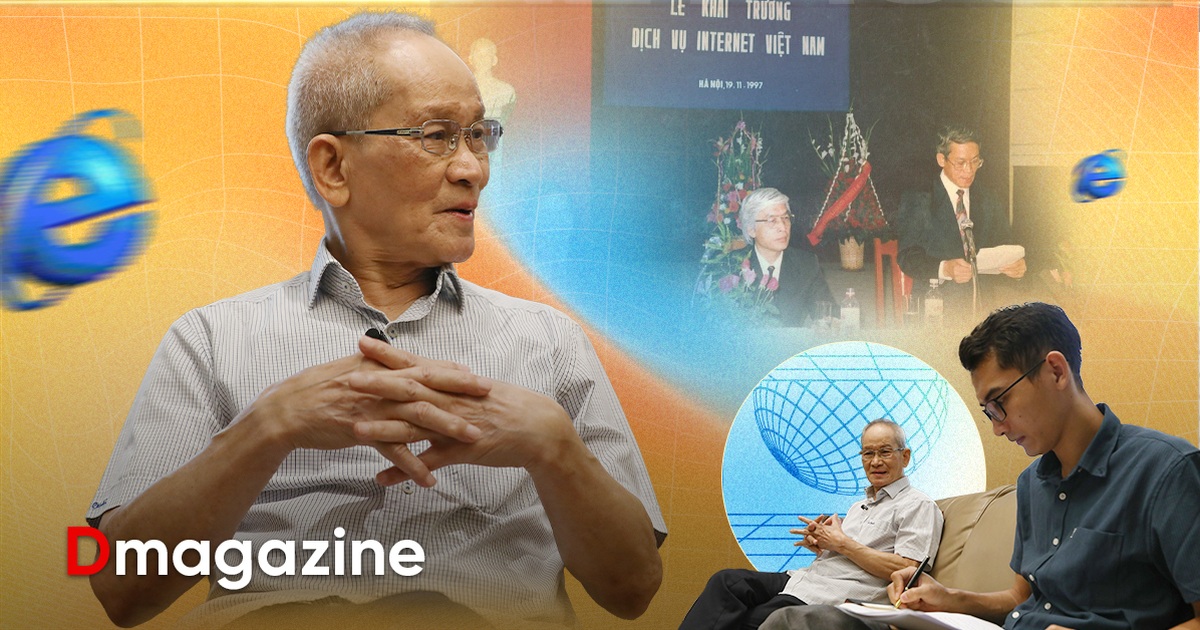



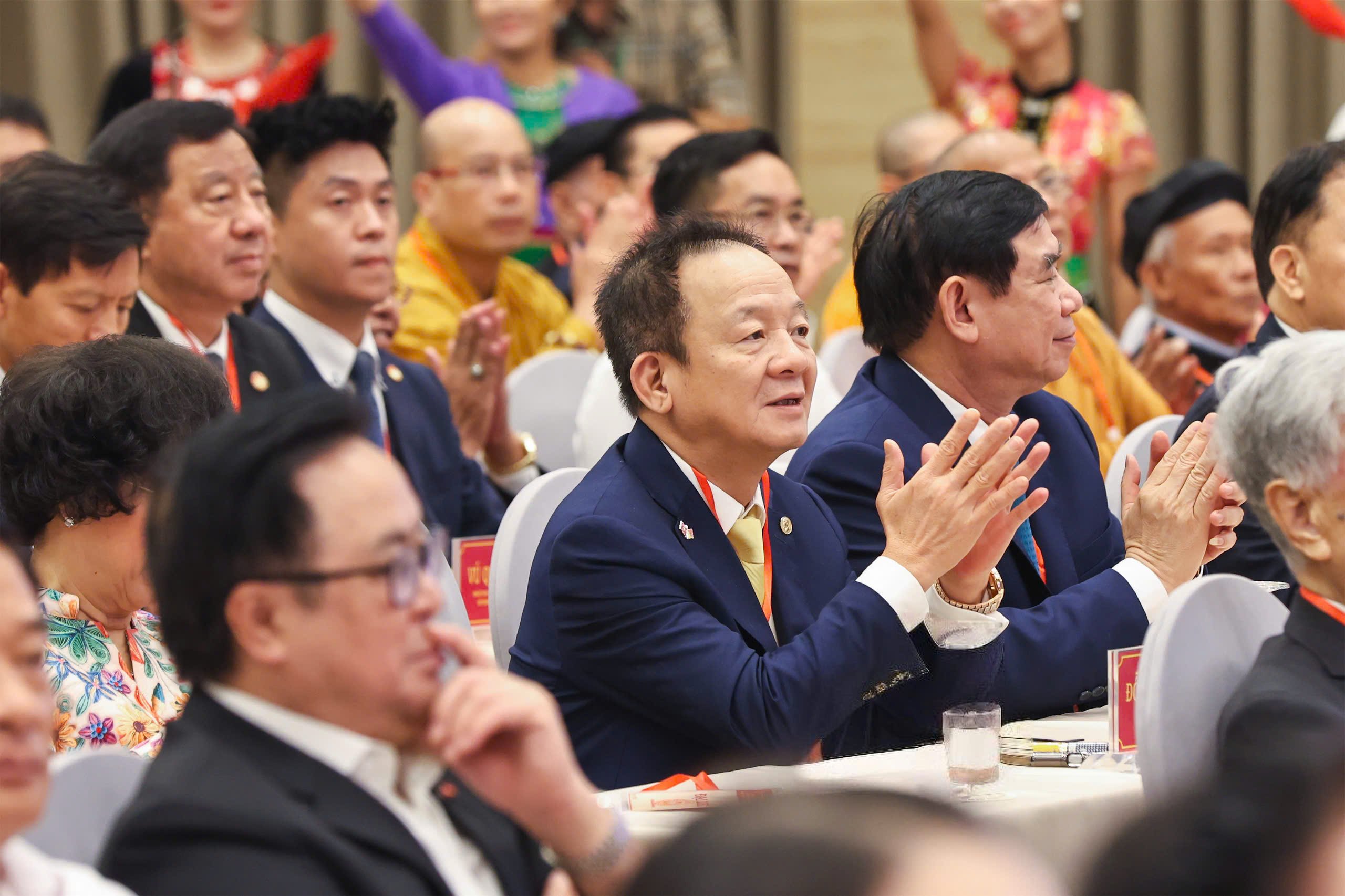












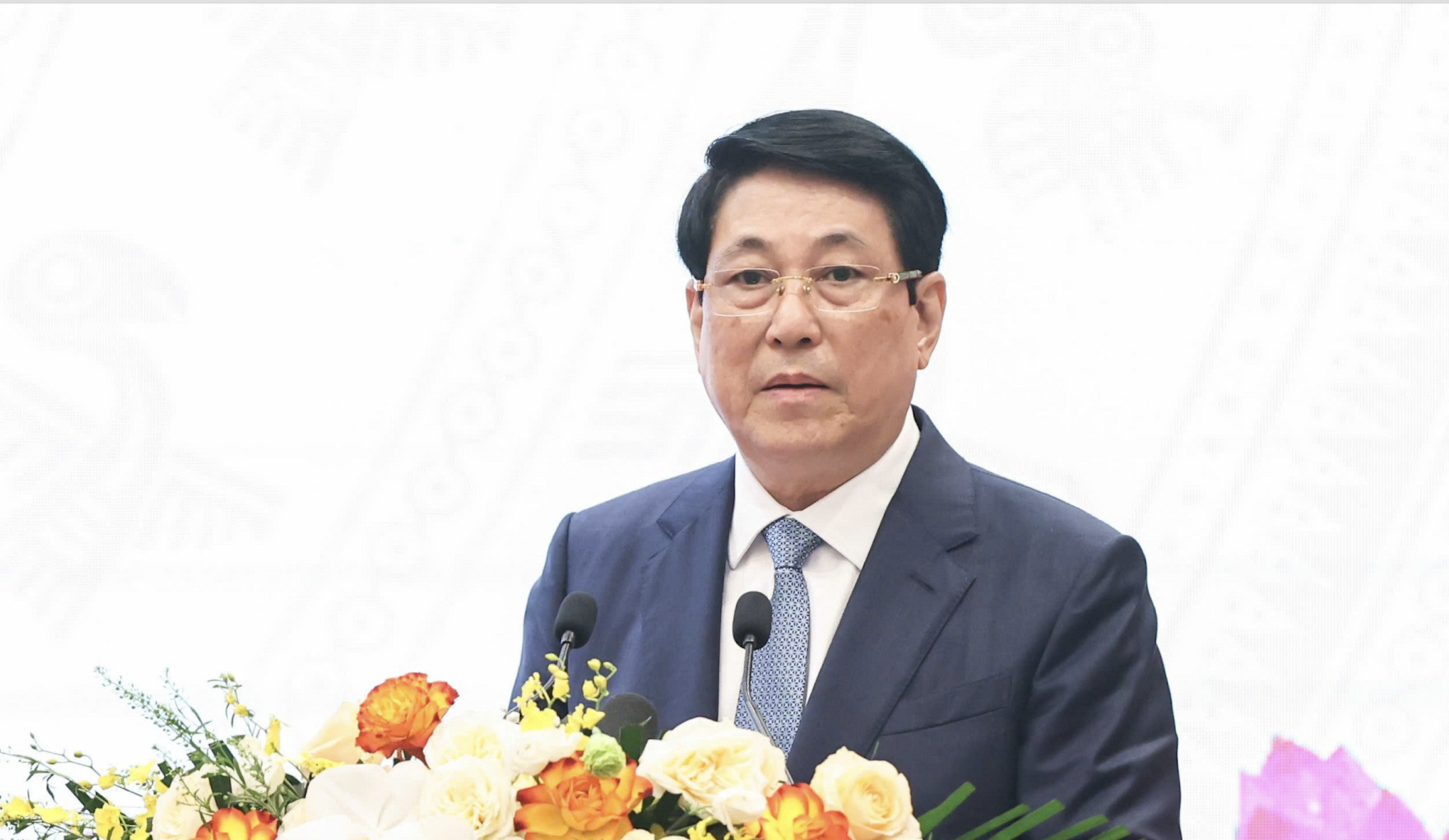






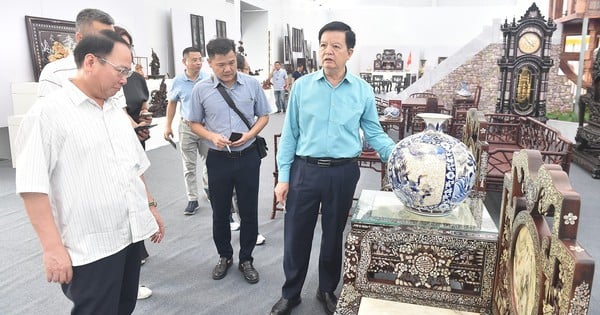














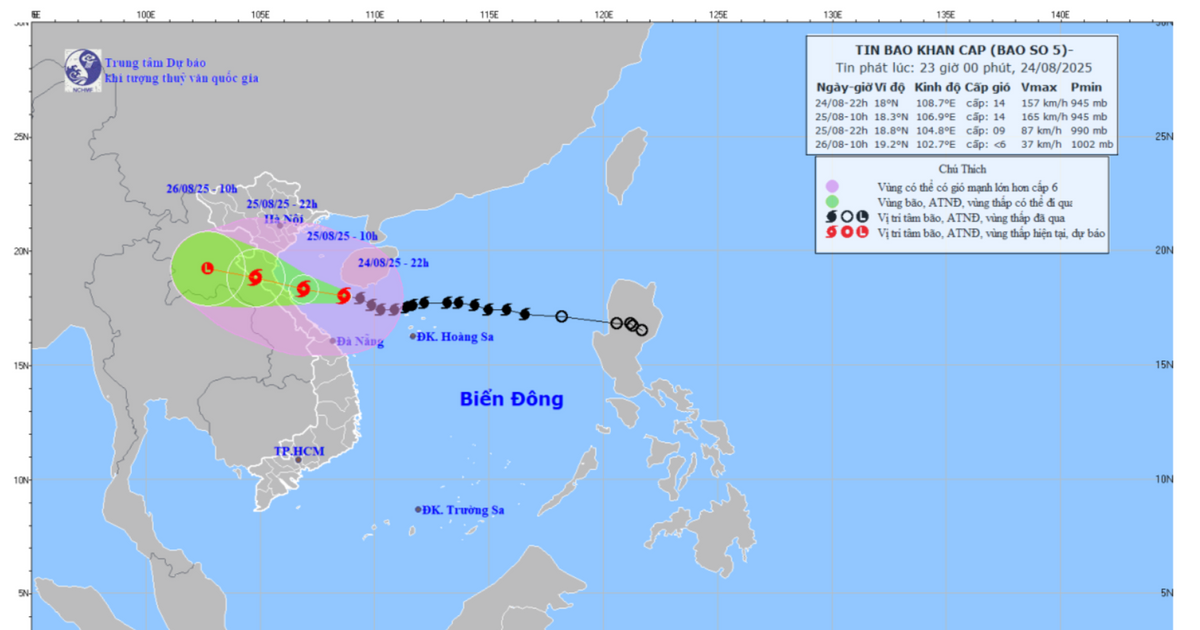

















Comment (0)